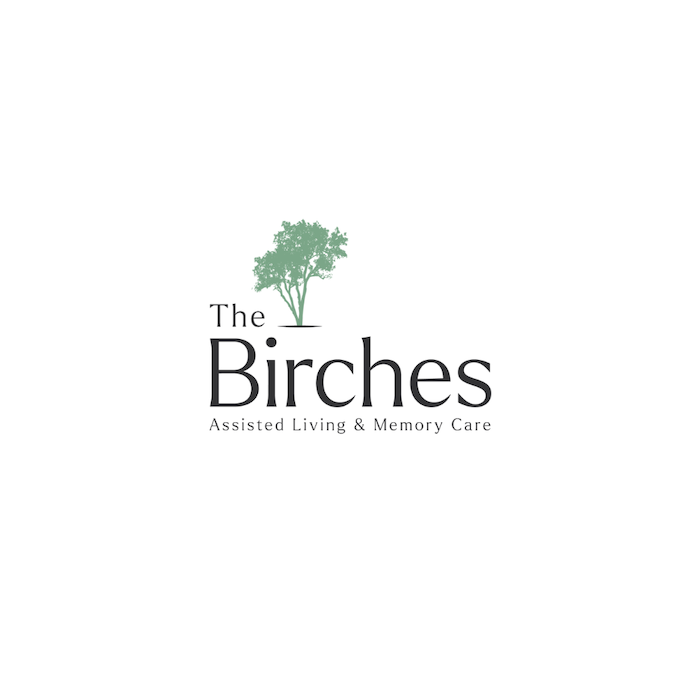Effects of Music Therapy on Residents with Dementia
Seniors living with dementia often struggle with everyday experiences. Yet, even in their older years, humans still have a profound connection to music. Music can touch people's hearts and minds like no other medium, stimulate happy memories, and bring a total and peaceful calm. It can also unite people.
Because of this, music therapy can be very effective in memory care, where pharmacological therapies may fall short. It can help seniors express their ideas and thoughts, build rapport with their peers and caretakers, and provide an outlet for their emotions.
It doesn't rely on complex memorization or cognitive functions that may have declined. Used as a complement to other support, music therapy offers versatile approaches to improve outcomes for people with dementia and minimizes behavioral issues and aggression.
Time and again, we see music bring new joy and comfort to our residents. Thus it is an integral component in the Birches' memory care.
How Does Music Therapy Work?
Listening to feel-good music stimulates the brain to spark positive emotions. It does this specifically by producing chemicals like dopamine, oxytocin, and serotonin. These chemicals send messages to signal people to experience happiness and pleasure.
Dopamine supports feelings of motivation, accomplishment, and reward. Oxytocin promotes social interaction, which can boost positive emotions and connectivity. Serotonin helps maintain mood and also supports wound healing and bone health.
When hearing or playing music, the brain immediately launches these signals, so music can also be helpful in calming anxiety or frustration.
Montessori Activities for Dementia
What does music therapy look like at the Birches?
Our approach to memory care leverages Montessori principles, which encourage residents to use their own experiences, interests, and strengths to maintain independence. Music therapy is a pleasurable part of this.
At the Birches, we open up musical experiences through scheduled, free-form, and resident-led activities. We use recorded and live music, letting residents choose, play, learn, and experiment. This adds tactile sensing, decision-making, and motor skills, which all go hand-in-hand to boost recall and retention.
Music is specifically selected by staff to match up with residents' age and era, curating our collection of various genres. This ensures we maintain appropriate lyrics, tonal sounds, and diversity (both instrumental and cultural).
We offer games and activities where residents can try various instruments or play favorites with friends. Depending on the facility, this can include guitars, harmonicas, ukuleles, tambourines, and other lightweight units.
Residents and staff often sing songs together, promoting personal and lyrical harmony. We also welcome our seniors to share their musical talents.
Areas where music is played are designed to handle noise levels and ensure against any volume issues perceived by those hard or hearing.
How Do Residents Benefit?
Best of all, music therapy has numerous benefits in the Birches' memory care communities. Multiple studies have shown that music enhances the memory of Alzheimer's and dementia patients and their perceptions. Key findings include:
- Residents who listened to classical music during memory sessions found it easier to recall ideas.
- After three months, seniors who took up music in their older years exhibited improved processing speed and memory.
- Involvement in arts programs has been shown to positively affect the mental health, physical health, and social functioning of seniors, regardless of their musical talent.
- Music has also been shown to help residents communicate, build a sense of identity, and strengthen social networks.
- Cognitive and neural benefits of musical experience counteract some of the adverse effects of aging, including memory and hearing difficulties.
- Playing music has been shown to reverse the body's response to stress at the DNA level.
A 2019 systematic review and meta-analysis of eight major research studies concluded that intervention with music improves cognitive function in people living with dementia and long-term depression, as well as their quality of life.
Research also shows that musical activities (both listening and playing) can improve seniors' well-being and conversations about their happiness. This is reinforced by our resident/family surveys which repeatedly cite our music therapy program as one of the top features offered.
Music therapy is one of the many ways the Birches strives to improve the lives and livelihood of those needing memory care.
And we continually add new offerings and monitor our residents' ongoing satisfaction and response. In recognition of our efforts, the Birches recently was honored with the Alzheimer's Foundation of America (AFA) "Excellence in Care (EIC) Dementia Care Program of Distinction" for the fifth consecutive year.
Reach out today to learn more, schedule a private tour, and see how the Birches can make life more enjoyable for you or your loved one.
